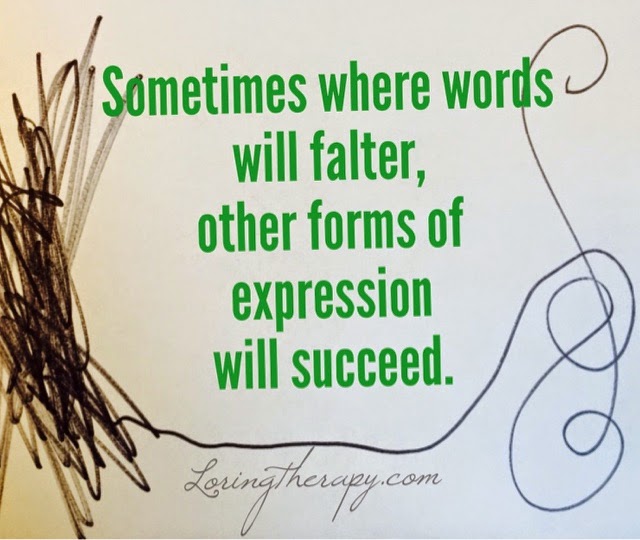There are many factors that can contribute to the status of our mental health. Economic status, discrimination, trauma, and physical health are just some of the issues that can contribute to mental health disparities. Mental illness can affect anyone regardless of gender, race, ethnicity, age, etc. While mental illness has no boundaries on reaching people, it is important to recognize that it can present differently. Due to biological, genetic, and social differences, mental illness symptoms can appear in significantly varying ways. Awareness of these differences is essential to recognizing mental illness so treatment can be sought.
Differences between men and women are common because we are often socialized in a way that enforces gender role stereotypes and discrimination. This stereotyping and discrimination can be damaging for both men and women when it comes to developing and treating mental illness. Women are at higher risk for developing certain mental illnesses, in particular eating disorders and depression. Women must deal with hormone fluctuations that can directly affect mood and mental health. Women frequently also face the stress attached to being a homemaker/caretaker often on top of working a part or fulltime job. Women are socialized to believe they should look and behave a certain way. It’s no wonder women are at risk given all of the adversity they face just being born a woman.
There are many things outside of our control when it comes to mental illness, however, there are many things we can control that will help ease symptoms. Taking care of our bodies and minds is so important as they are closely connected. A healthy body will help maintain a healthy mind and vice versa. Some things that we can do to improve our health are to build self-esteem, set realistic goals, find meaning and value in life, learn healthy coping skills, and maintaining healthy relationships. Mental illness is not your fault and seeking help is not a weakness. Below you’ll find a number of resources should you find yourself needing help.
Written by: Amanda Furca, Graduate Level Intern, Loring Therapy LLC
Edited by: Charity Loring, LMSW
Adapted from the 2008 epublication:
The Healthy Woman: A Complete Guide for all Ages – Ch. 16, Mental Health
by the U.S Department of Health and Human Services’ Office on Women’s Health
RESOURCES
Local Support
Affordable Individual, Couples, Family Counseling - Sliding Scale based on income
Garden City, MI
- Emotional Support Collaborative - Facilitated by Loring Therapy
Free Group Therapy
http://www.meetup.com/Emotional-Support-Collaborative/
Statewide and National Support
- Office on Women’s Health, HHS
200 Independence Ave SW, Room 712E Washington, DC 20201
Web site: www.womenshealth.gov/mh
- National Center for Posttraumatic Stress Disorder, VA
Web site: www.ncptsd.va.gov
- National Institute of Mental Health, NIH
6001 Executive Blvd, Room 8184, MSC 9663 Bethesda, MD 20892-9663
Web site: www.nimh.nih.gov
- National Mental Health Information Center, SAMHSA
PO Box 42557 Washington, DC 20015
- American Psychiatric Association
1000 Wilson Blvd, Suite 1825 Arlington, VA 22209
- American Psychological Association
750 First St NE Washington, DC 20002-4242
- Anxiety Disorders Association of America
8730 Georgia Ave, Suite 600 Silver Spring, MD 20910
2000 N Beauregard St, 6th Floor Alexandria, VA 22311
- National Alliance on Mental Illness
Colonial Place Three
2107 Wilson Blvd, Suite 300 Arlington, VA 22201-3042
- National Center for Girls and Women with AD/HD
3268 Arcadia Pl NW Washington, DC 20015
- National Eating Disorders Association
603 Stewart St, Suite 803 Seattle, WA 98101
Web site: www.nationaleatingdisorders.org
- National Suicide Prevention Lifeline
Web site: www.suicidepreventionlifeline.org
- Postpartum Support International
Web site: www.postpartum.net










